Call or Text
801-438-4793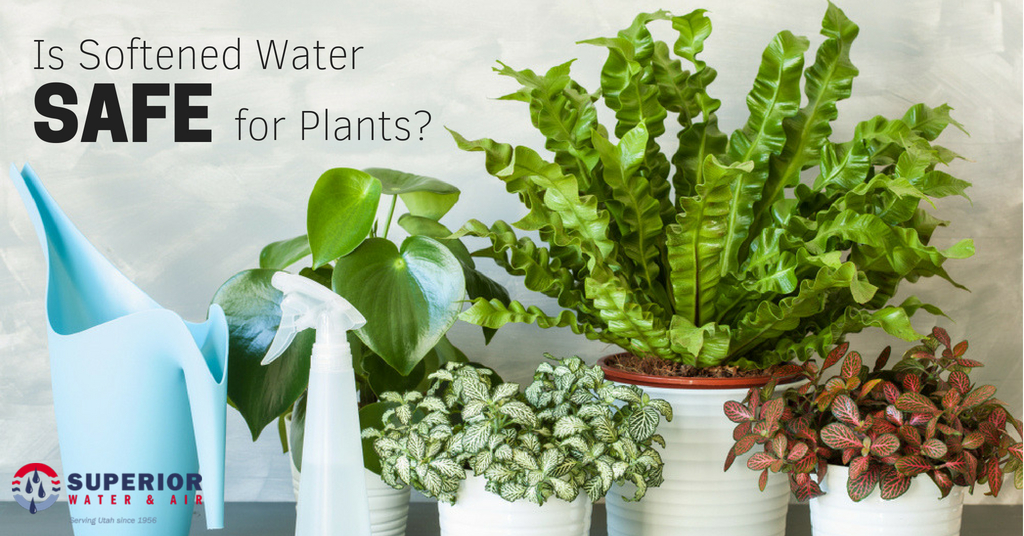
Is Softened Water Safe for Plants?
May 15, 2018

The weather’s getting warmer, which means it’s almost time to start thinking about your watering schedule. But even more important, what are you watering your plants with? If you have a water softener, you may be wondering if it’s safe to water your plants with that softened water. The answer?
While soft water is great for your skin, hair, laundry, and dishes, it is not good for your plants.
Why Is Soft Water Bad for Your Plants?
Water softeners add a minimal amount of sodium to your water, and plants can’t use that extra sodium. In fact, plants absorb less water if there’s sodium in the soil, leaving them dry and might cause them to brown. The sodium can also build up in the soil, making it harder for plants to grow in areas watered with softened water in the future.
Watering Alternatives
While soft water isn’t the best for your plants, there are alternatives you can try to keep your lawn healthy and green while still getting all the benefits of soft water in your home!
Install a Bypass Valve
It is possible to make sure your soft water doesn’t go through your outdoor spigots. By installing a bypass valve, you get all the advantages of having soft water in your home, without needing to worry about watering your lawn with that softened water.
Every home is different, so if you have any questions about how a water softener would affect your home and water, contact us for a free estimate.
Use Rainwater
Want a way to water your lawn AND save money? Collect rainwater to water your lawn with. The best part? Rainwater is naturally soft, no sodium added, meaning it’s good for your plants. Also, if you use the collected water to wash your car, you don’t have to deal with hard water stains after you’re done!
Note: It used to be illegal in Utah to collect rainwater without purchasing a water right. Now, you can register under the Utah Division of Water Rights for free to collect and use up to 2,500 gallons of rainwater!

Use Potassium Chloride Salt
Potassium chloride is an alternative to sodium chloride, which is normally used in water softeners. With potassium chloride, you get all the advantages of soft water with your water softener, but instead of sodium, potassium is added to your water. However, this option is much more expensive, and it can be sometimes hard to find in stores.
Get a Reverse Osmosis (RO) Water Purifier System
If you have a lot of houseplants in your home, an RO system is the best option to water your plants. Some municipalities add fluoride to your water, which can be harmful for your plants, too. With an RO system, you won’t have to worry about:
- Aluminum
- Arsenic
- Asbestos
- Chlorine
- Fluoride
- Giardia
- Lead
- Mercury
- Sodium
- And more
You can find out more about what an RO system removes and what’s in your water here.
Advantages of Soft Water
While soft water isn’t good for your plants, it can be good for your home. Some of the advantages of soft water include:
- Money saved on soap and shampoo
- Softer clothes, towels, and bedding
- Appliances that use water last longer
- Fewer hard water stains
- No scale build-up in pipes
Want to Learn More?
If you want to learn more about the effects of hard water in your home and even how hard the water is in your area, check out our free hard water tool. All it takes is your ZIP code.
Recent News

Do You Need a Water Softener? How to Tell & How You Benefit
May 29, 2025
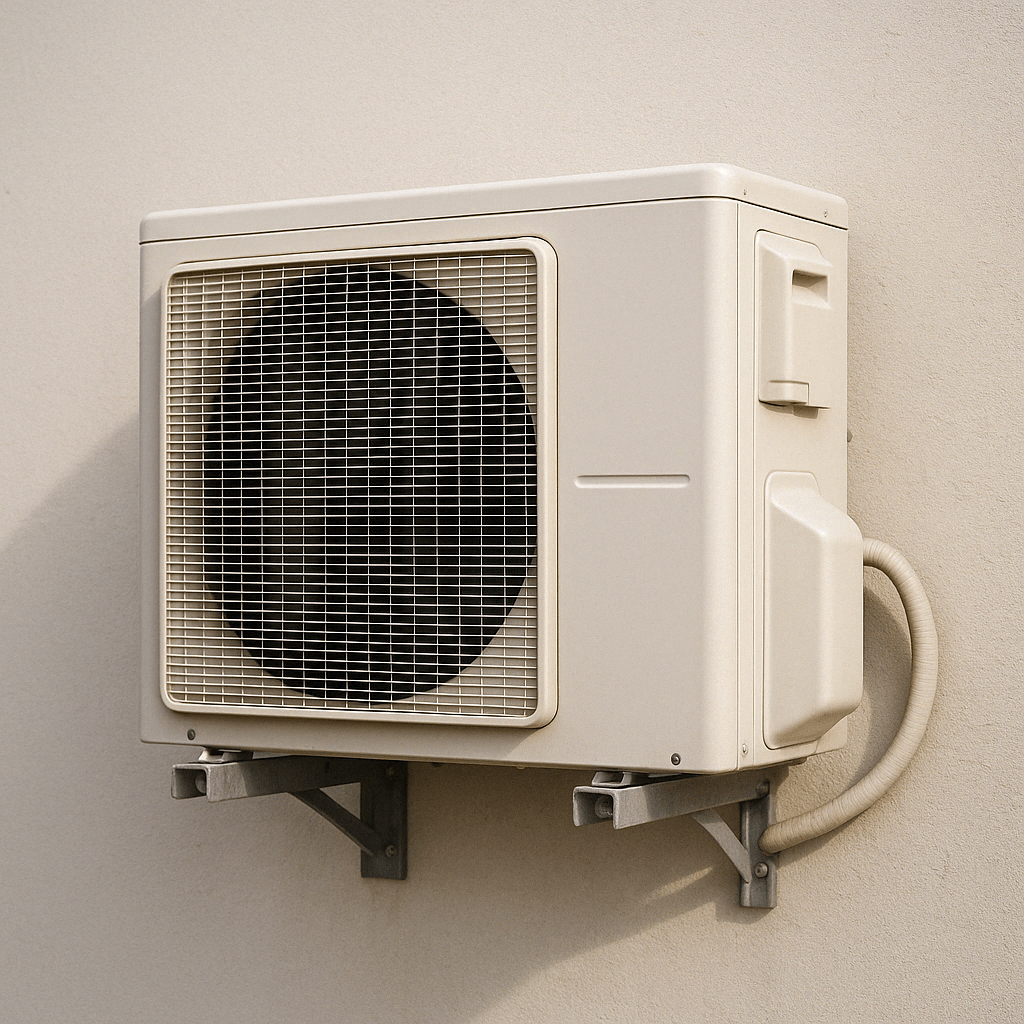
Get Your Air Conditioner Ready for the Summer with Superior Water & Air
April 21, 2025
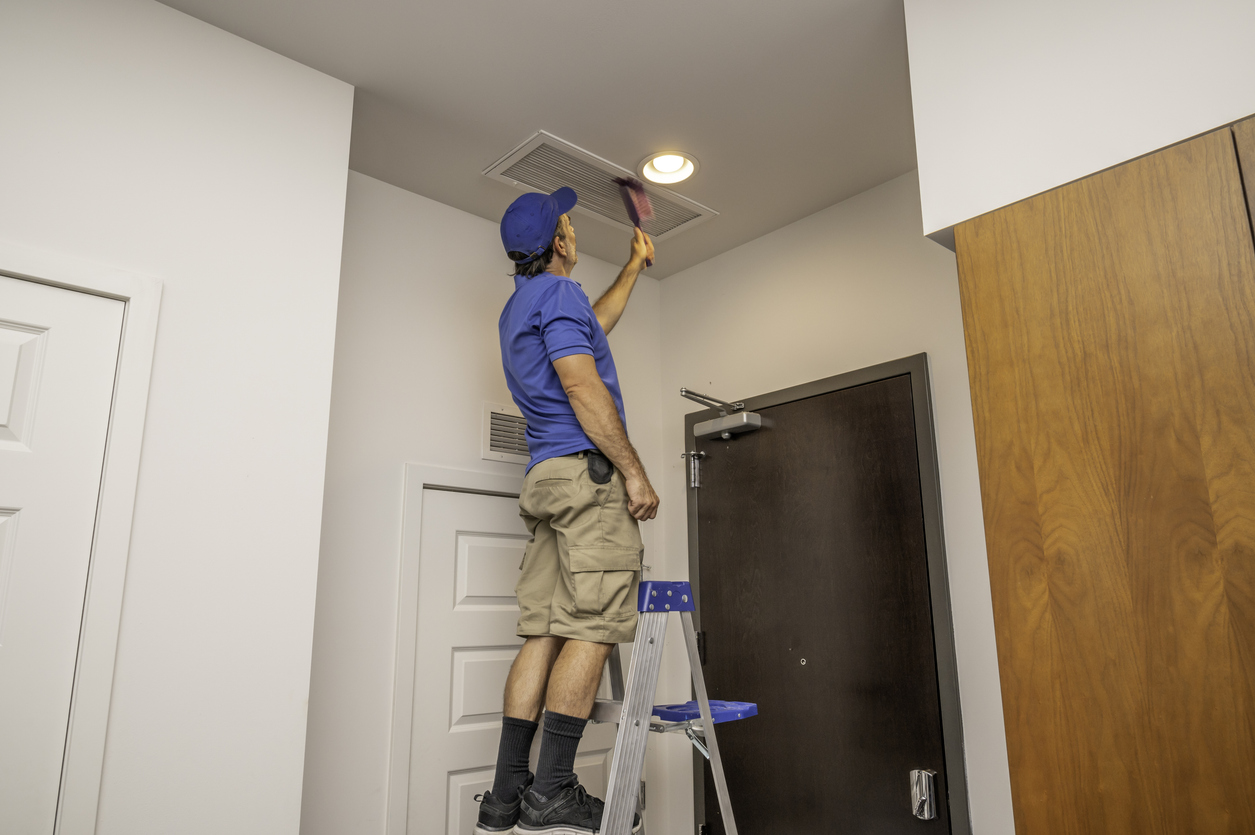
Why You Need the Air Ducts Cleaned in Your Home: Benefits & More
April 3, 2025
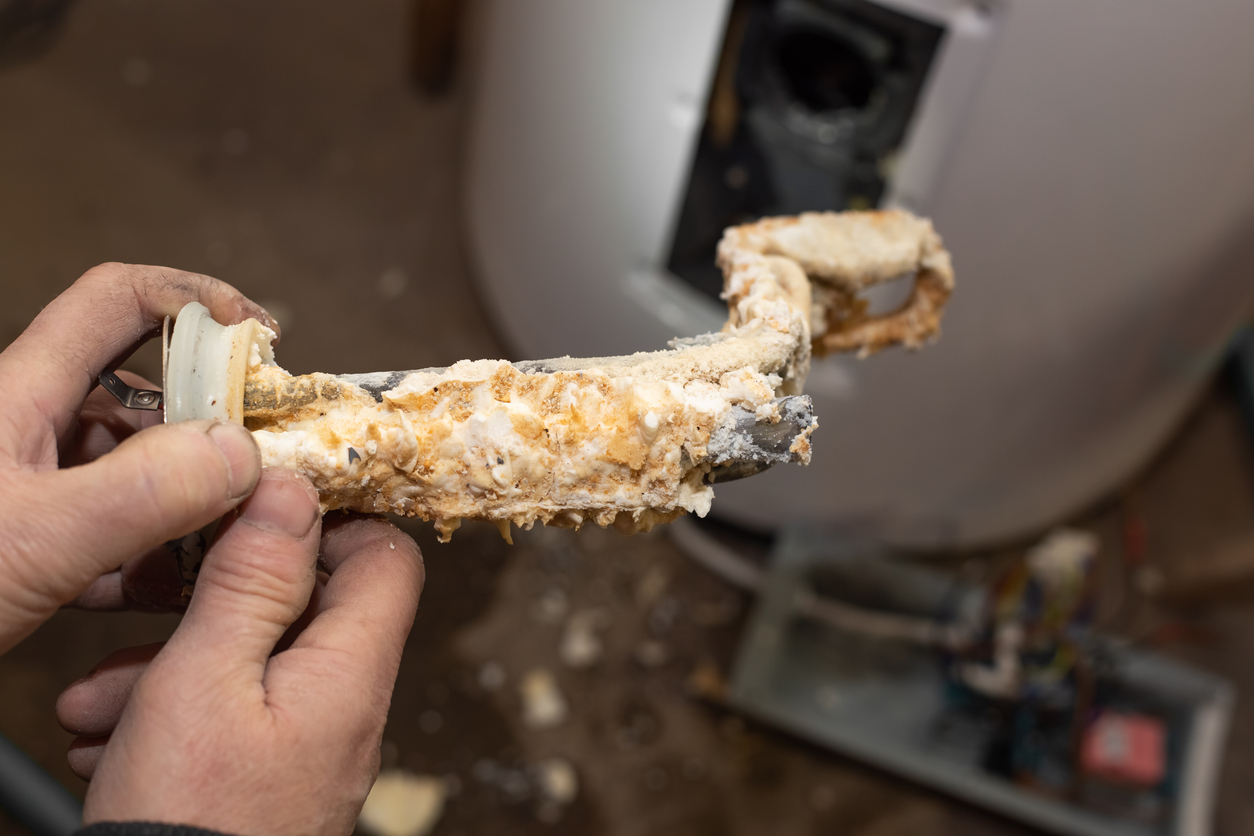
How to Determine Water Hardness & Treat Effectively
February 25, 2025
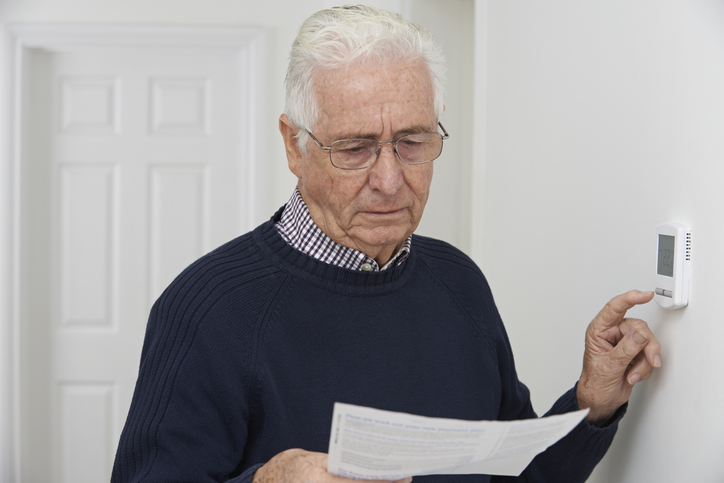
How to Save On Your Heating Bill During Winter
February 10, 2025
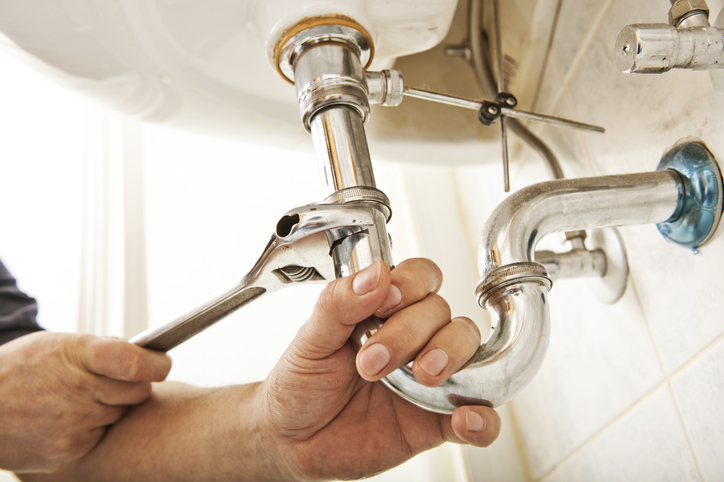
Cost Savings with Proper HVAC and Plumbing Systems in Winter
December 9, 2024
